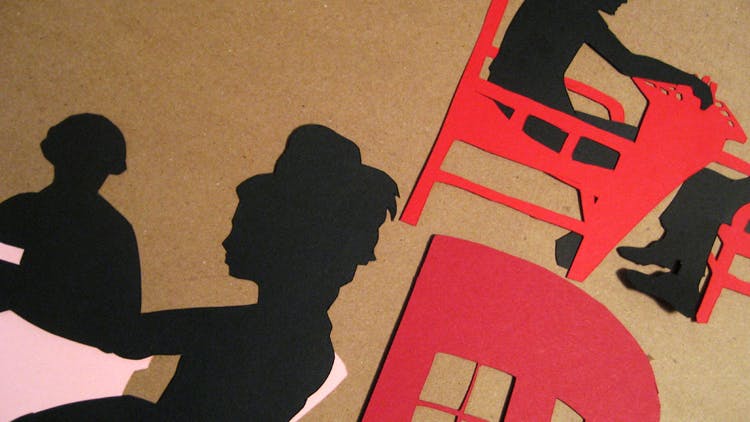Transcending Play: Gaming Objects as Cultural Objects

Gaming objects are not merely playthings, but mediums of expression. Gaming objects and gaming environments provide unique insight into the social and moral attitudes of their respective cultural periods. In my thesis I explore how gaming objects—game pieces, tables, accessories, and environments such as gentlemen’s clubs and workers’ clubs—have provided individuals and social groups with an alternative means to assert identity, protect and preserve tradition, act out societal fears, and challenge the status quo.
Each chapter of my thesis serves as a case study of one or two gaming cultures within a century, from aristocratic gaming culture in eighteenth-century France, to gentlemen’s clubs in nineteenth-century London, and finally chess in two twentieth-century contexts, first as an integral tool in the social and cultural development of the newly established Union of Soviet Socialist Republics (USSR) and second as an art form that was adopted by early twentieth-century avant-garde artists led by Marcel Duchamp.
The chronological breadth of my study, from the eighteenth to twentieth centuries, is intended to highlight the variety of roles and purposes gaming objects have served over time. Comparisons between and among the objects of these periods emphasize how the meaning, symbolism, and use of gaming objects evolved as political and social ideologies changed. The intention is not to provide an exhaustive account of gaming objects over three centuries, nor chart a seamless narrative about the evolution of gaming objects. The purpose of this thesis is to pinpoint critical moments in history and analyze how gaming objects and spaces embody and support their political, social, and economic contexts.